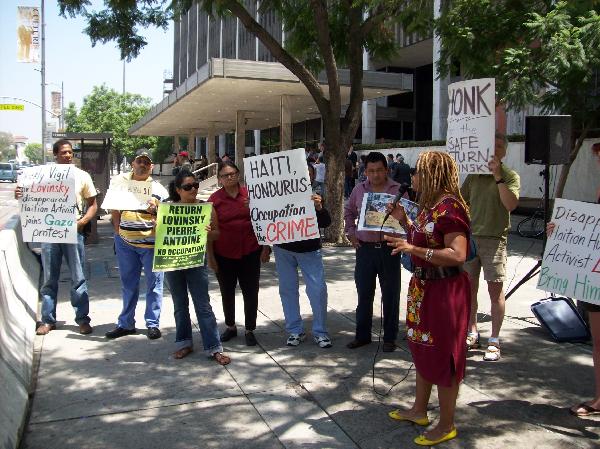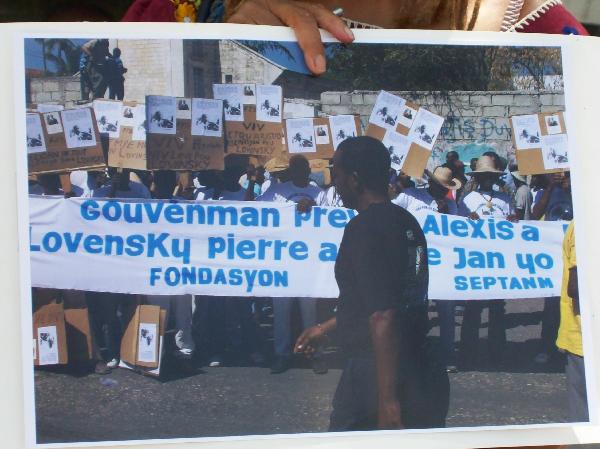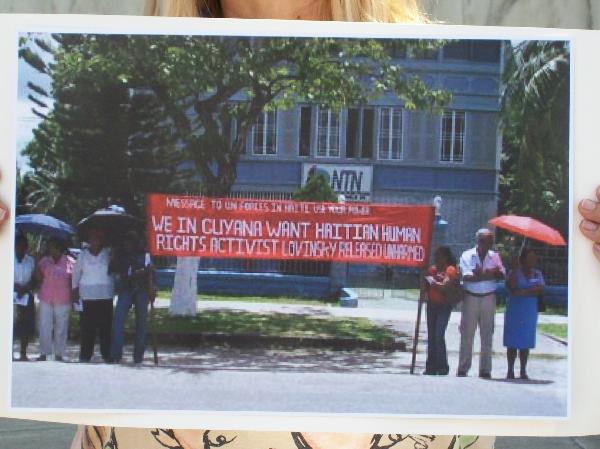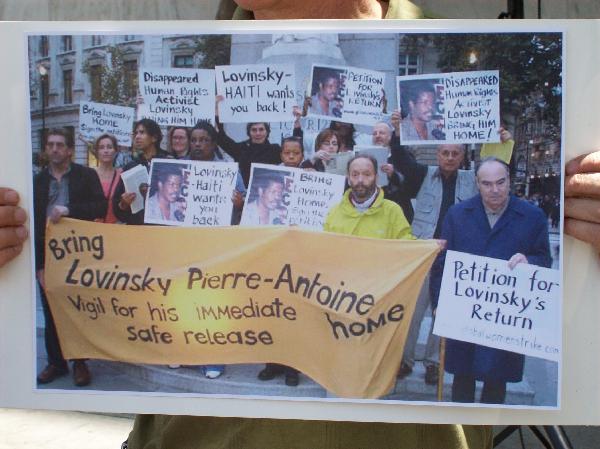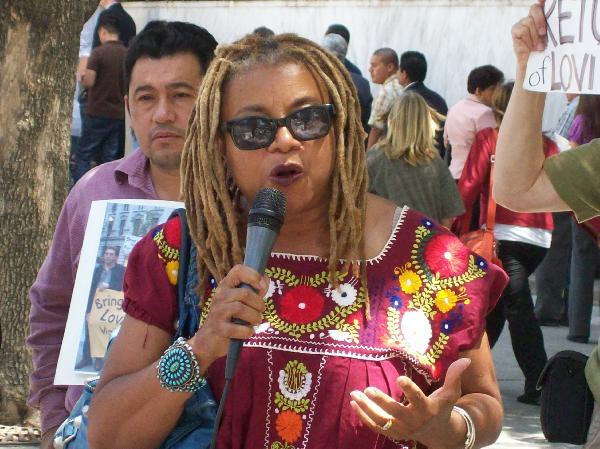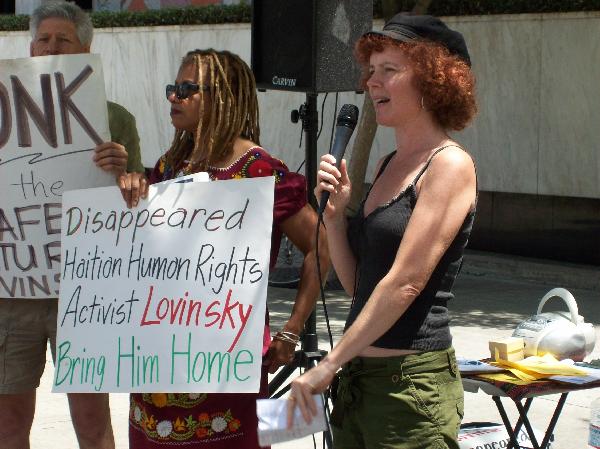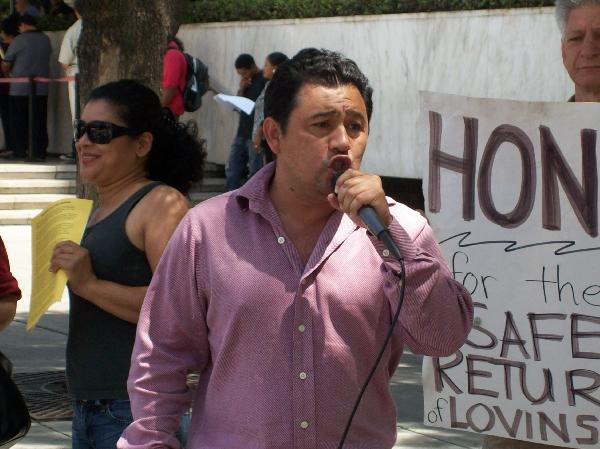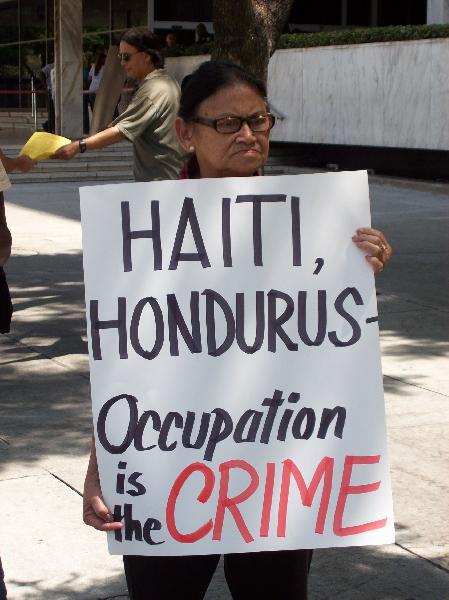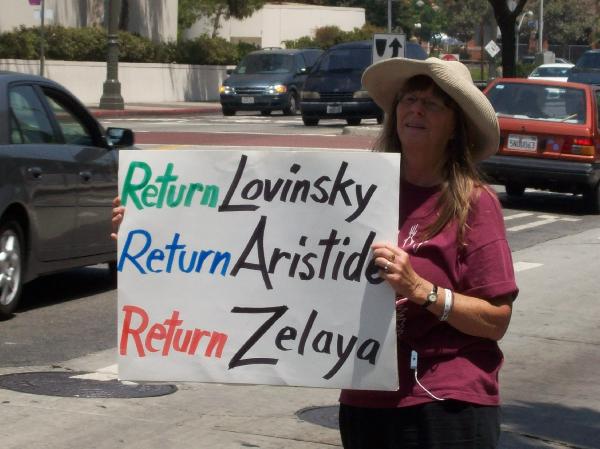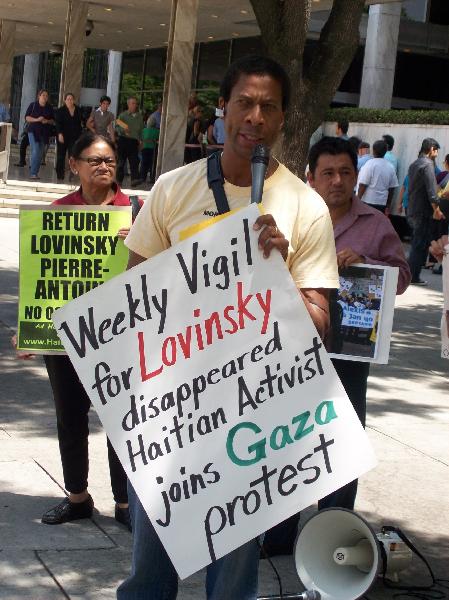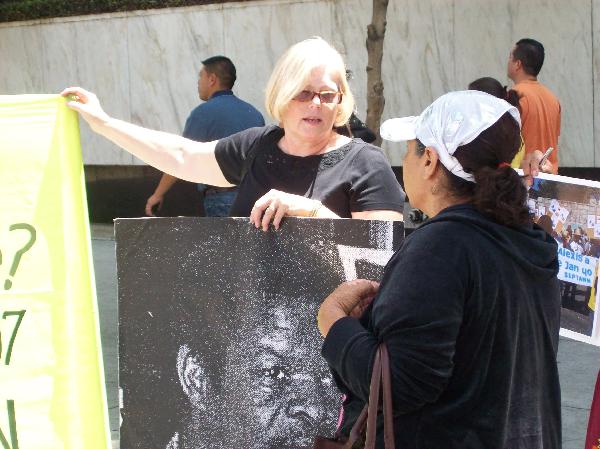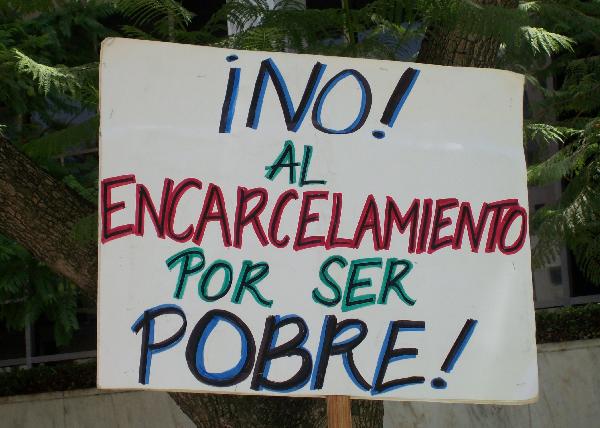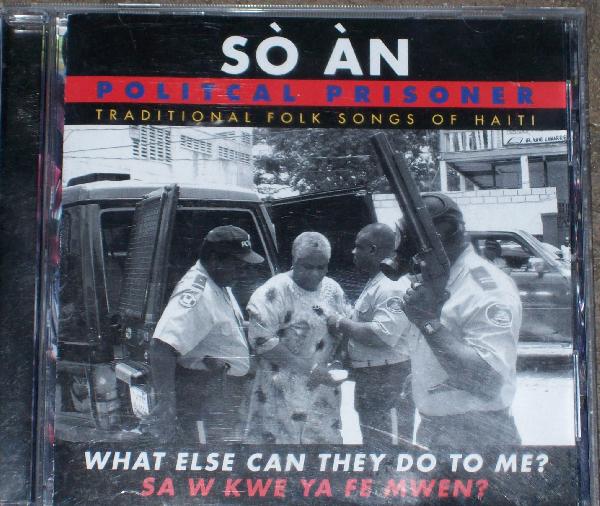| About Us | Contact Us | Calendar | Publish | RSS |
|---|
|
Features • latest news • best of news • syndication • commentary Feature Categories IMC Network:
Original Citieswww.indymedia.org africa: ambazonia canarias estrecho / madiaq kenya nigeria south africa canada: hamilton london, ontario maritimes montreal ontario ottawa quebec thunder bay vancouver victoria windsor winnipeg east asia: burma jakarta japan korea manila qc europe: abruzzo alacant andorra antwerpen armenia athens austria barcelona belarus belgium belgrade bristol brussels bulgaria calabria croatia cyprus emilia-romagna estrecho / madiaq euskal herria galiza germany grenoble hungary ireland istanbul italy la plana liege liguria lille linksunten lombardia london madrid malta marseille nantes napoli netherlands nice northern england norway oost-vlaanderen paris/Île-de-france patras piemonte poland portugal roma romania russia saint-petersburg scotland sverige switzerland thessaloniki torun toscana toulouse ukraine united kingdom valencia latin america: argentina bolivia chiapas chile chile sur cmi brasil colombia ecuador mexico peru puerto rico qollasuyu rosario santiago tijuana uruguay valparaiso venezuela venezuela oceania: adelaide aotearoa brisbane burma darwin jakarta manila melbourne perth qc sydney south asia: india mumbai united states: arizona arkansas asheville atlanta austin baltimore big muddy binghamton boston buffalo charlottesville chicago cleveland colorado columbus dc hawaii houston hudson mohawk kansas city la madison maine miami michigan milwaukee minneapolis/st. paul new hampshire new jersey new mexico new orleans north carolina north texas nyc oklahoma philadelphia pittsburgh portland richmond rochester rogue valley saint louis san diego san francisco san francisco bay area santa barbara santa cruz, ca sarasota seattle tampa bay tennessee urbana-champaign vermont western mass worcester west asia: armenia beirut israel palestine process: fbi/legal updates mailing lists process & imc docs tech volunteer projects: print radio satellite tv video regions: oceania united states topics: biotechSurviving Citieswww.indymedia.org africa: canada: quebec east asia: japan europe: athens barcelona belgium bristol brussels cyprus germany grenoble ireland istanbul lille linksunten nantes netherlands norway portugal united kingdom latin america: argentina cmi brasil rosario oceania: aotearoa united states: austin big muddy binghamton boston chicago columbus la michigan nyc portland rochester saint louis san diego san francisco bay area santa cruz, ca tennessee urbana-champaign worcester west asia: palestine process: fbi/legal updates process & imc docs projects: radio satellite tv |
printable version
- js reader version
- view hidden posts
- tags and related articles
Haiti, Honduras -- Occupation is the Crimeby Ross Plesset Saturday, Aug. 15, 2009 at 1:38 PMAugust 12 marked the two-year anniversary of the kidnapping of Haitian human rights activist Lovinsky Pierre-Antoine, considered by many to be Haiti's next Aristide. Vigils were held around the world on this day: including in Haiti, London, Guyana, San Francisco, and Los Angeles.
August 12 marked the two-year anniversary of the kidnapping of Haitian human rights activist Lovinsky Pierre-Antoine, considered by many to be Haiti's next Aristide. His disappearance occurred shortly after this popular defender of those with the least announced he would be running for senate.
Vigils were held around the world on this day: in London, Guyana, Haiti, San Francisco, and Los Angeles. In addition to marking the anniversary of Lovinsky's kidnapping and demanding his safe return (there are reports from Haiti that he is still alive), the L.A. vigil (at the downtown Federal Building) also called for the return of two victims of U.S.-backed coups: Jean-Bertrand Aristide and President Manuel Zelaya of Honduras. At one point, this author counted 15 participants at the vigil. In addition to signs, spoken statements, and chants, fliers were handed out to passersby. “. . . We're sure that the people in Haiti, the grassroots in Haiti will be very encouraged that we were here,” said Margaret Prescod, host of KPFK's Sojourner Truth. About Lovinsky Pierre-Antoine “I really did not understand the importance of who Lovinsky was until I visited Haiti,” Prescod recalled. “. . . Lovinksy had the capability and the history of standing against oppression and standing with grassroots people, going back to the first coup against Aristide. “. . . Also, he understood the importance of the international, he understood the importance of building solidarity and connections with people in Haiti, with people in the United States, and people around the world. And this was probably one of the reasons that the U.S., that really runs Haiti right now—the U.N. forces are in there, but we know who's in charge—saw Lovinsky as a threat.” Haitians to Hugo Chavez: “You are our president until Aristide returns.” She continued: “But what I think really broke the straw for them is that President Hugo Chavez of Venezuela paid a visit to Haiti. Because of security reasons . . . the people on the ground only found out that President Chavez was coming 2 1/2-3 days before he arrived. Lovinsky Pierre-Antoine was able to get word out to the grassroots, and by the time Hugo Chavez arrived in Port au Prince, there was hundreds of thousands of grassroots Haitians chanting, 'Chavez, you are our president until Aristide returns.' A lot of people didn't know how that happened, but the United States understood, and they knew the role that Lovinsky Pierre-Antoine played in that, and it was not long after that Lovinsky disappeared. “President Chavez was so moved by the crowd and the numbers of people that he actually went into the crowd, and at some point he was running alongside the Haitian people and really extending his best wishes and solidarity. “Venezuela stood alone, along with Cuba and the CARICOM governments (English speaking Caribbean) in not supporting the interim puppet government put in place after President Aristide was deposed.” Calling on left-wing governments in the region to quit the U.N. occupying force “. . . Also, Hugo Chavez of Venezuela has refused to support the U.N. occupation in Haiti, refused to have troops participate. And we are calling now on Evo Morales of Bolivia, the governments of Ecuador, of Argentina, the government of Lula of Brazil, the new government of El Salvador—all of those left-leaning governments right now have troops that are participating in the U.N. occupation. Now we very much support them. We stand with Evo Morales and what he's trying to do as the first indigenous president, with the people in El Salvador who fought for the president that is in place right now. So we are asking those countries, 'Please, just as you have stood so strongly and opposed the coup against Zelaya, we want you to use the same fervor to oppose the coup against President Aristide. We will not accept this double standard against the first Black Republic in the western hemisphere.” She went on to describe Haiti's crucial role in the liberation of Latin American by giving refuge to Bolivar as well as weapons, ships, and fighters. “And today, if you go to Caracas [in Venezuela], you will be able to stand in the square where 18 Haitians were executed fighting for the liberation of Latin America.” Horrors of neo-liberalism returning to Honduras John Parker of the International Action Center made connections between issues here in the U.S. and in other countries like Honduras. “. . . Isn't it a coincidence that in Honduras they're closing down maybe the only Native-run hospital clinic? They imposed a military coup there, and one of the first things they're going to do, since they care so much about the people, is close down this very effective health clinic, meaning hundreds of thousands of people might die because they're not going to get the basic health care that they need. ”U.S. Imperialism is responsible for the coup in Honduras, even though they try to hide behind it. Where did those people get trained? The School of the Americas over here. And if the U.S. wanted to stop it, they could stop it in a minute by stopping the aid. They could make a phone call, and the Honduran coup would be over. . . . ” U.S. imperialism in Honduras and elsewhere A Honduran man, representing the Coalition for Peace and Democracy in Honduras, described the U.S's own terrorism vis-a-vis its training of the Honduran coup plotters at School of the Americas in Fort Benning, Georgia; the continued military aid; and involvement in kidnappings throughout the western hemisphere. Because of these policies by the U.S., ”we cannot live in our countries, so we have to immigrate to this country as a result of the state coups. So where are we going to live? Here you are also violating our human rights—even the human rights of the people of the United States. That's why we are having this demonstration, and we are asking everybody to join us in the world human rights movement, the right to self-determination. “So we want the United States's military bases out of Latin America, out of Honduras. We want you out of Iraq, of Afghanistan. You're making an open war on the people of the world.” He also expressed solidarity with the people of Haiti and opposed the occupation of their country. The U.N.'s brutal occupation of Haiti and blow-back Also speaking was Lisa Longstaff of Women Against Rape and the London weekly vigil for Lovinsky's safe return. “Sri Lankan troops have been in Haiti and have been accused of rape and child abuse in Haiti,” she said. “And what goes around comes around: many of the people who were convicted of raping women and children in Iraq have also been accused of rape in prisons here, [they] have been trained to do the dirty work when they got back. . . .” “Lisa's absolutely right,” said Prescod. “In fact some of the Tamil people that participated in those demonstrations have now written a statement standing in solidarity with the Haitian people in opposing the Sri Lankan troops who are in Haiti. And some of those Sri Lankan troops who were accused of rape in Haiti returned to Sri Lanka and likely were part of the massacre that happened recently against the Tamil people. So it is indeed an international movement.” Longstaff continued: “. . . So we're not all in separate places. We may live in separate places, but there are many connections between us, and it's up to us to find a way to work together across those international boundaries in a better way than the states are able to do it. We have to build our strength to beat them, and we want to win.” Aristide to return? Prescod also mentioned breaking news: talk of Aristide organizing his return to Haiti. She had discussed this in greater detail on her show, KPFK's Sojourner Truth (more at: http://twitter.com/sotruekpfk) the previous day (August 11, 2009) with her guest, journalist, filmmaker, and Haiti expert Kevin Pina. When asked about the movement on the ground in Haiti to return Aristide, Pina replied, “It's never stopped, it's been relentless.” However, “he [Aristide] has made it clear that he has no intention of returning to politics if he should. He wants to return to the Aristide Foundation for Democracy to continue the economic work that he was doing where he was working in terms of creating economic collectives, economic cooperatives where people could create their own grassroots businesses with micro credit programs. His efforts to return to Haiti have never stopped.” “I did hear of this same announcement that was made on the official Famni Lavalas program over the weekend. I don't think that on the ground in Haiti that the movement to return him has ever stopped. Certainly Lovinsky Pierre-Antoine was a part of that movement. He himself was leading demonstrations for Aristide's return as well as condemning the United Nations occupation. He saw the two things as very much linked, and it was for that reason that he was disappeared. “ The weekly vigil here in L.A. calling for the return of Lovinsky Pierre-Antoine will resume in September.
Report this post as:
Vigil in Haiti for Lovinsky Pierre-Antoineby Ross Plesset Saturday, Aug. 15, 2009 at 1:38 PM
Each week, vigils are held around the world calling for Brazil to find and release Lovinsky Pierre-Antoine. (Brazil heads the U.N. occupation force.)
Report this post as:
Vihil in Guyana for Lovinsky Pierre-Antoineby Ross Plesset Saturday, Aug. 15, 2009 at 1:38 PM
Each week, vigils are held around the world calling for Brazil to find and release Lovinsky Pierre-Antoine. (Brazil heads the U.N. occupation force.)
Report this post as:
Weekly vigil for Pierre-Antoine in Londonby Ross Plesset Saturday, Aug. 15, 2009 at 1:38 PM
Each week, vigils are held around the world calling for Brazil to find and release Lovinsky Pierre-Antoine. (Brazil heads the U.N. occupation force.)
Report this post as:
Margaret Prescodby Ross Plesset Saturday, Aug. 15, 2009 at 1:38 PM
error
Report this post as:
Lisa Longstaff of the weekly vigil in Londonby Ross Plesset Saturday, Aug. 15, 2009 at 1:38 PM
error
Report this post as:
A member of Coalition for Peace and Democracy in Hondurasby Ross Plesset Saturday, Aug. 15, 2009 at 1:38 PM
error
Report this post as:
Maria Guardardo, a torture surviver from El Salvador. Leafletting in b.g.by Ross Plesset Saturday, Aug. 15, 2009 at 1:38 PM
error
Report this post as:
Drawing attentionby Ross Plesset Saturday, Aug. 15, 2009 at 1:38 PM
error
Report this post as:
John Parkerby Ross Plesset Saturday, Aug. 15, 2009 at 1:38 PM
error
Report this post as:
Explaining the issues to passerbyby Ross Plesset Saturday, Aug. 15, 2009 at 1:38 PM
error
Report this post as:
One of many signsby Ross Plesset Saturday, Aug. 15, 2009 at 1:38 PM
error
Report this post as:
Haitian singer So Anby Ross Plesset Saturday, Aug. 15, 2009 at 1:38 PM
Her music was played during the vigil.
Report this post as:
|



